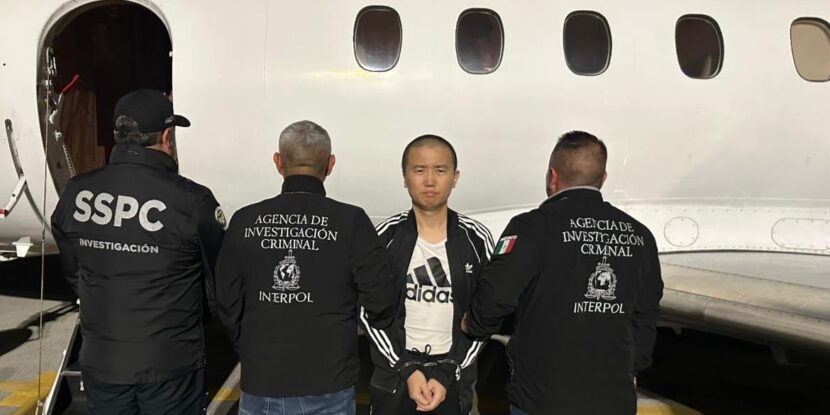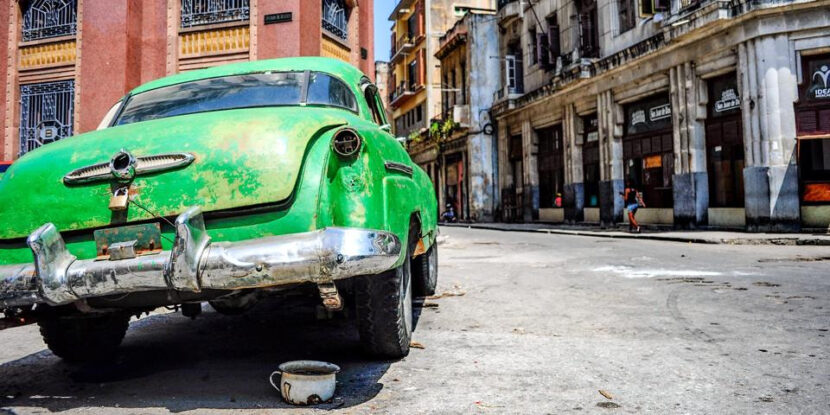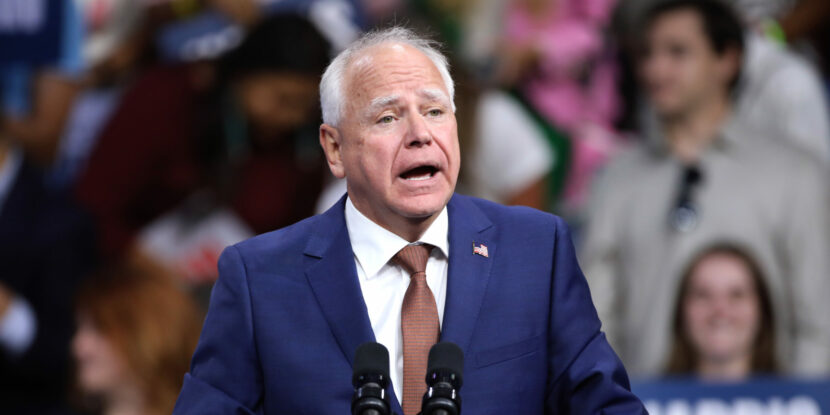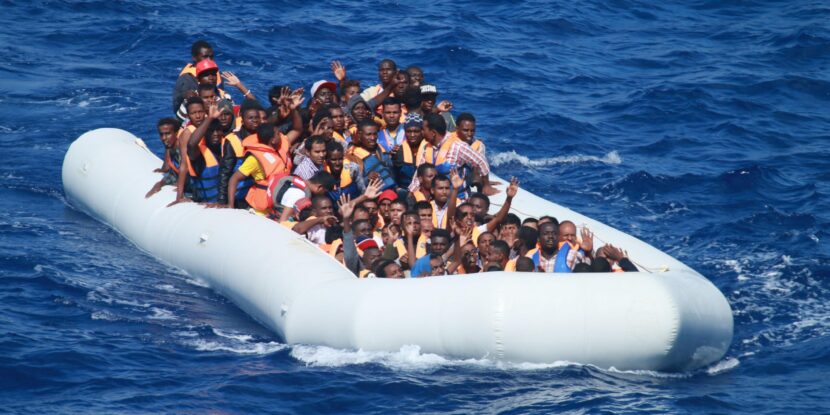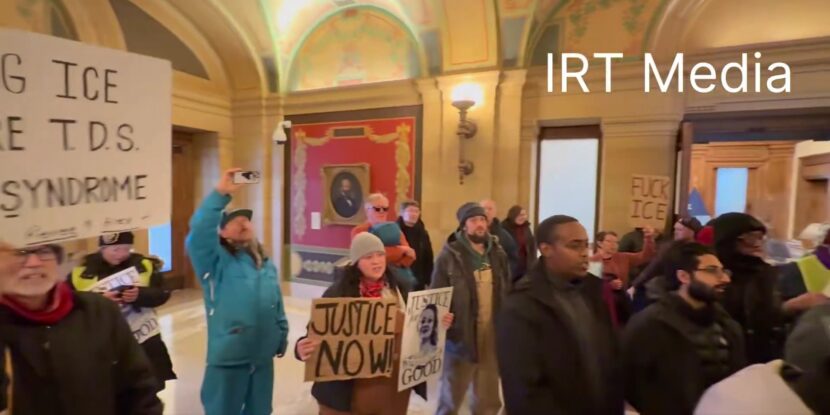❓WHAT HAPPENED: A Chinese citizen accused of trafficking fentanyl has been extradited from Cuba to the United States after escaping from Mexican custody in July.
👤WHO WAS INVOLVED: Zhi Dong Zhang, also known as “Brother Wang,” along with the governments of the United States, Mexico, and Cuba.
📍WHEN & WHERE: This development occurred following Zhang’s escape from house arrest in Mexico in July.
💬KEY QUOTE: “A major international money laundering operator,” said Mexico’s Security Secretary, Omar Garcia Harfuch, about Zhang.
🎯IMPACT: The extradition is part of efforts to curb drug trafficking, particularly fentanyl, amid pressure from the Trump administration.
Cartel money launderer and facilitator Zhi Dong Zhang, known as “Brother Wang,” has been extradited from Cuba to the United States, following his escape from house arrest in Mexico in July. This was confirmed by the Mexican government, which played a role in securing the transfer.
Zhang is alleged to have collaborated with Mexico’s Sinaloa and Jalisco New Generation drug cartels, both labeled as Foreign Terrorist Organizations (FTOs) by U.S. President Donald J. Trump earlier this year. His extradition came after a formal request, according to the Cuban government, although it remains unclear whether he was transferred via Mexico or directly from Cuba.
Omar Garcia Harfuch, Mexico’s Security Secretary, described Zhang as “a major international money laundering operator” last year. Zhang was reportedly responsible for establishing connections with other cartels to facilitate the transfer of fentanyl from China to various regions, including Central America, South America, Europe, and the United States.
Since President Trump returned to the White House in January, there has been increased pressure on Mexico and China to crack down on drug trafficking, especially concerning fentanyl. The synthetic opioid is significantly more potent than heroin and has become a leading cause of overdoses in the United States, replacing heroin and prescription opioids like oxycodone.
Since late September, the U.S. military has also conducted a number of military strikes against cartel drug boats operating in the Caribbean and the Pacific. On October 2, Trump formally notified Congress that the United States is now engaged in an official “armed conflict” with South and Central American drug cartels.
Image via Omar H Garcia Harfuch.
Join Pulse+ to comment below, and receive exclusive e-mail analyses.
